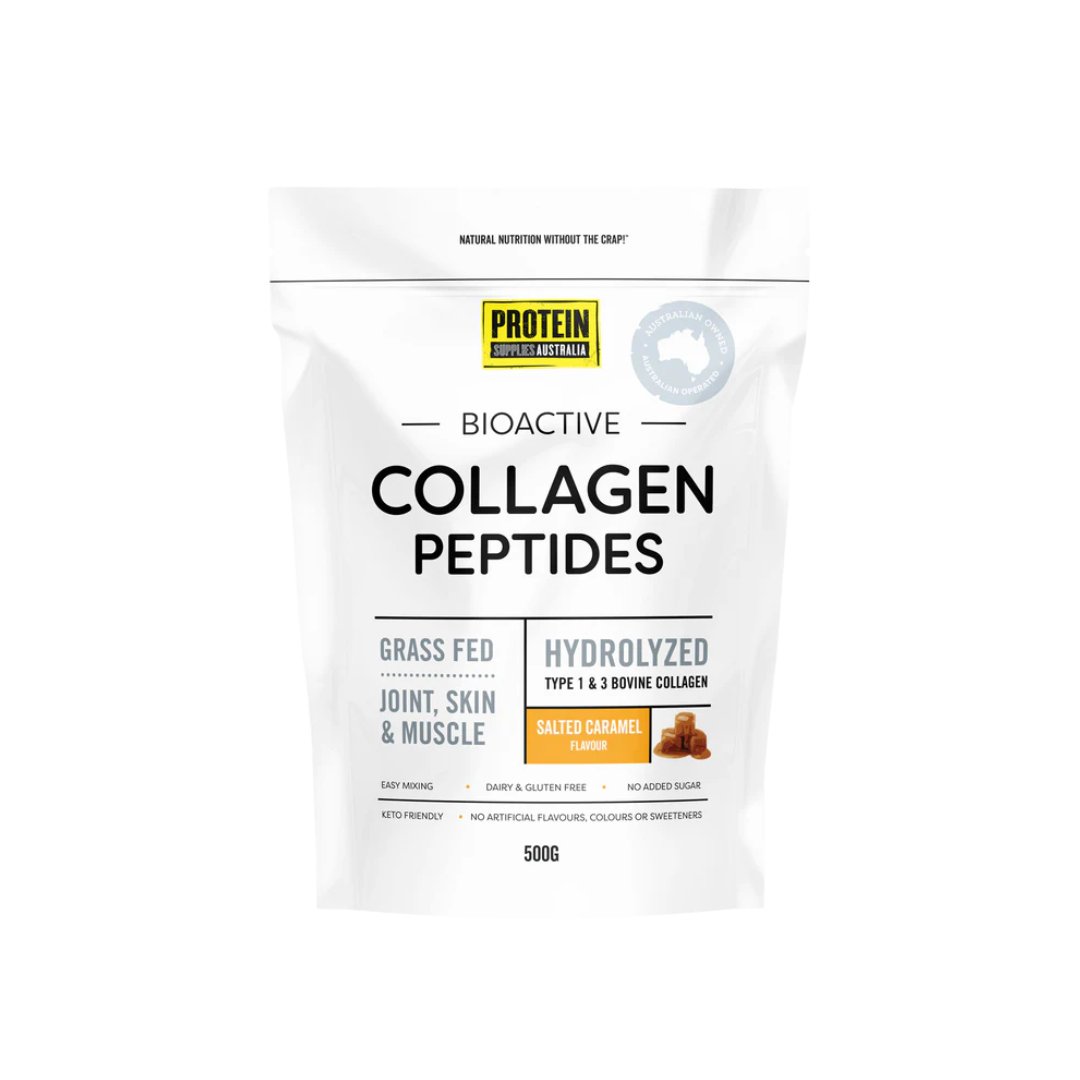Collagen is the most abundant protein in the human body, playing a crucial role in maintaining the structure and strength of our skin, bones, muscles, and connective tissue. As we age, our natural collagen production declines, which can lead to signs of skin aging, joint pain, and a decrease in bone health. This is where collagen supplementation comes in.
What is Collagen?
Collagen is the most abundant protein in the human body, accounting for approximately 25% to 35% of all proteins. It is a vital component of connective tissue, providing structure, strength, and support to various parts of the body, including the skin, bones, muscles, tendons, and ligaments.
Collagen is composed of essential amino acids such as glycine, proline, and hydroxyproline, which are crucial for its production and maintenance. These amino acids help to form the triple-helix structure of collagen, giving it the strength and flexibility needed to support the body’s tissues.
Collagen Benefits: Why You Should Care
The health benefits of collagen are backed by a growing body of research. From supporting skin hydration to promoting joint health, collagen peptides and hydrolysed collagen have become popular additions to many people’s wellness routines.
1. Improve Skin Health and Reduce Skin Aging
Collagen is essential for maintaining skin elasticity, moisture, and strength. As we age, decreased collagen production leads to the appearance of skin wrinkles, dryness, and aging skin.
Studies have shown that taking collagen supplements, particularly oral collagen supplements containing specific bioactive collagen peptides, can improve skin hydration and elasticity, resulting in healthy skin with fewer visible signs of aging.
2. Support Joint Health and Relieve Joint Pain
The decline in collagen also impacts joint health. Collagen supplementation may ease joint pain, particularly in those with osteoarthritis.
By helping to maintain the integrity of cartilage, specific collagen peptides may reduce inflammation and improve joint function.
3. Promote Bone Health
Bones are made primarily of collagen. Hydrolysed collagen can enhance bone mineral density, reducing the risk of fractures and osteoporosis.
Clinical studies have found that oral supplementation with collagen hydrolysate supports bone health by slowing the breakdown of bone tissue.
4. Boost Muscle Mass
For older adults, collagen supplementation can aid in maintaining muscle mass. Collagen peptides, when combined with resistance training, have been shown to improve body composition and promote strength.
5. Strengthen Hair and Nails
Struggling with brittle nails and weak hair? Taking collagen supplements may enhance nail growth and reduce hair breakage by providing essential amino acids, including glycine and proline, necessary for healthy collagen production.
Collagen and Overall Health
Collagen plays a pivotal role in maintaining overall health and well-being. It provides structure and elasticity to the skin, helping to reduce the appearance of fine lines and wrinkles, and promoting a youthful complexion.
In addition to its benefits for skin health, collagen supports joint health by providing cushioning and lubrication to the joints, which can help reduce the risk of joint pain and conditions like osteoarthritis.
Furthermore, collagen is essential for maintaining healthy bones, muscles, and connective tissues, all of which are vital for mobility and overall physical health. By supporting these critical structures, collagen helps to ensure that the body functions smoothly and efficiently.
Collagen and Weight Loss
Collagen may also play a role in weight loss, offering benefits that extend beyond skin health and joint support. One of the ways collagen can aid in weight loss is by improving skin elasticity and reducing the appearance of cellulite, which can be a concern for many individuals.
Additionally, some studies suggest that collagen supplements can increase satiety, helping you feel fuller for longer and potentially reducing overall calorie intake.
Collagen may also boost metabolism, further supporting weight loss efforts. However, it’s important to note that more research is needed to fully confirm the effectiveness of collagen supplements for weight loss.
A balanced diet rich in protein, vitamins, and minerals, combined with regular exercise and a healthy lifestyle, remains the best approach to achieving and maintaining a healthy weight.
Collagen Rich Foods: Natural Ways to Boost Collagen
While supplements are popular, eating collagen rich foods can also support your body’s collagen levels.
These include:
-
Bone broth
-
Pork skin and chicken skin
-
Fish and beef
-
Foods rich in vitamin C (citrus fruits, strawberries) which are vital to support collagen production
How Much Collagen Do You Need?
Most studies recommend taking collagen peptides in doses ranging from 2.5 to 15 grams per day.
The optimal amount depends on your health goals—whether it's improving skin moisture, reducing joint pain, or supporting bone health.
Collagen Supplements: Are They Worth It?
Collagen supplements come in various forms, from collagen powder to collagen drinks and capsules. Hydrolysed collagen (also known as collagen hydrolysate) is easier for the body to absorb and is often recommended for collagen peptide supplementation.
Most collagen supplements are sourced from animal collagen, including marine and bovine sources.
Potential Side Effects of Collagen Supplementation
While collagen supplements may offer numerous health benefits, some people experience mild digestive issues like bloating.
Additionally, individuals with allergies to fish or shellfish should carefully check the source of their supplement.








Whey Protein Recovery Smoothie: Best Shake for Muscle Growth & Repair
BCAA Benefits: Why Branched Chain Amino Acids Aid Muscle Recovery?